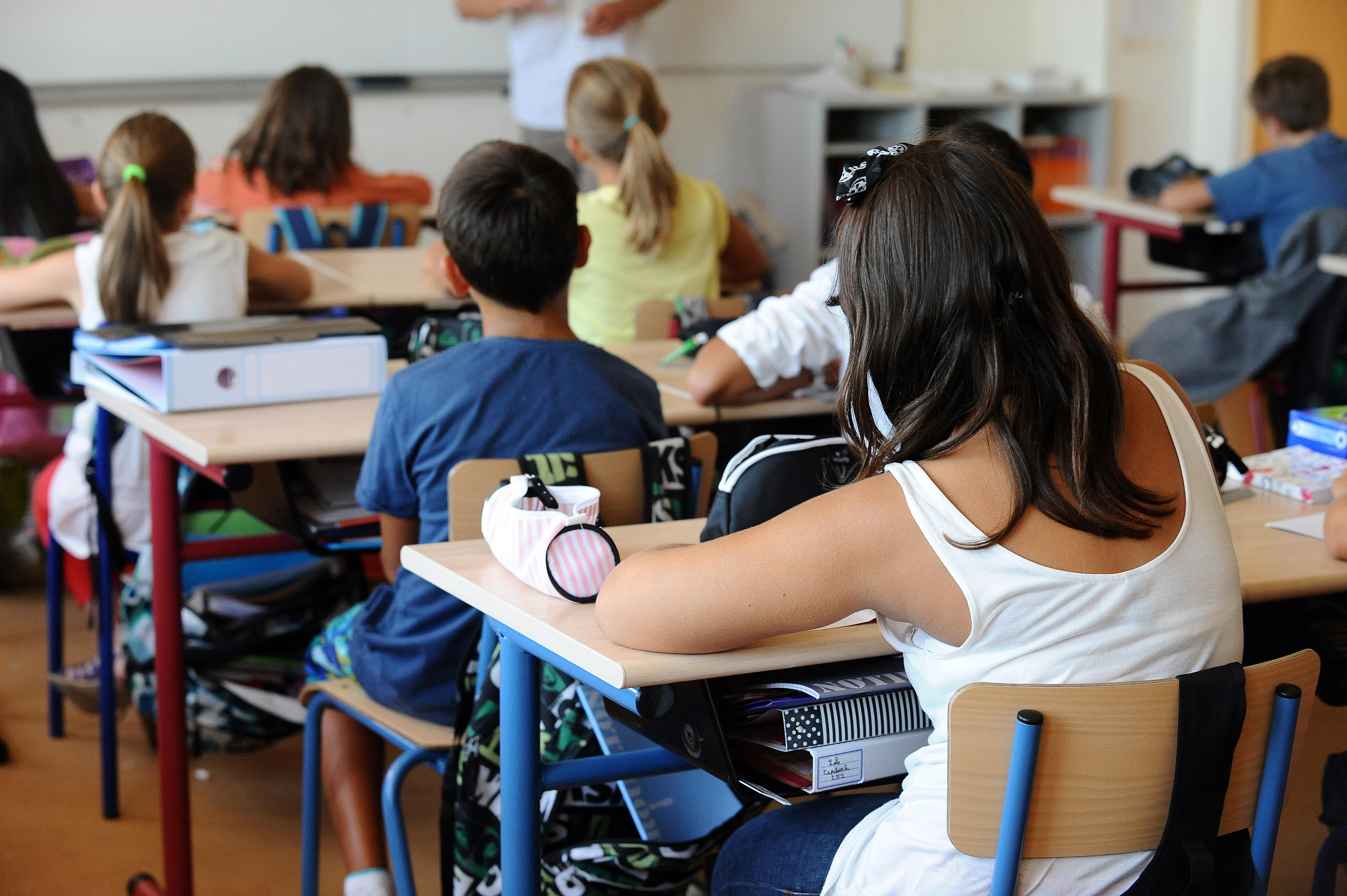A powerful essay by Elizabeth Weil in the New Republic posits that “American Schools Are Failing Nonconformist Kids.” Weil examines the growing role that “emotional regulation”—an educational tool pioneered by the KIPP charter school network and also known as self-regulation, grit, motivation, discipline—is playing in classroom management, as teachers try to keep order and foster learning. The new ideal student, she says, is a compliant “good citizen” who keeps her head down and who “doesn’t externalize problems or talk too much or challenge the rules too frequently or move around excessively or complain about the curriculum or have passionate outbursts.”
But wait—how is this different from the old ideal student? Rather than following external cues, scholar 2.0 has an inner compass keeping her on the straight-and-narrow. If she strays, some internal malfunction has occurred—one requiring therapy, tutoring, or medication. So a disobedient kid isn’t just playing the outlaw, Ferris Bueller–style; she’s somehow broken, damaged.
To build a case around the rise of the Stepford kid and the denigration of the maverick, Weil points to the popularity of education books like Paul Tough’s How Children Succeed: Grit, Curiosity, and the Hidden Power of Character, which names quiet tenacity as the key to flourishing. She also points to the escalating diagnoses of ADHD and sensory processing disorder, which perhaps lead educators to cordon off those who don’t meet strict behavioral expectations. She recounts her own experience at a parent-teacher conference, when a second-grade teacher recommended occupational therapy because her daughter “was not gently going along with the sit-still, raise-your-hand-to-speak-during-circle-time program.” “Have you disciplined her?” Weil’s husband asked. After the teacher replied that he hadn’t, Weil “began to realize we’d crossed some weird Foucaultian threshold into a world in which authority figures pathologize children instead of punishing them.”
You might think that sparing the rod (or whatever the contemporary equivalent is: not confiscating the iPhone, maybe) would at least create a free, exploratory space—a place where kids could experiment with different identities. But if they are told in the same breath that unruliness is a psychic shortcoming, one they need an adult’s help to address, the pressure to blend in actually grows. Weil traces one effect of placing nonconformity on a spectrum of illness or disability:
The Torrance Tests of Creative Thinking judge originality, emotional expressiveness, humor, intellectual vitality, open-mindedness, and ability to synthesize and elaborate on ideas. Since 1984, the scores of America’s schoolchildren have dropped by more than one standard deviation; that is to say, 85 percent of kids scored lower in 2008 than their counterparts did in 1984. Not coincidentally, that decrease happened as schools were becoming obsessed with self-regulation.
It is unclear what this emphasis on emotional self-control even accomplishes:
In 2007, Greg Duncan, a professor of education at the University of California at Irvine, did an analysis of the effects of social and emotional problems on a sample of 25,000 elementary school students. He found, he says, “Emotional intelligence in kindergarten was completely unpredictive.” Children who started school socially and emotionally unruly did just as well academically as their more contained peers from first through eighth grades. David Grissmer, at the University of Virginia, reran Duncan’s analysis repeatedly, hoping to prove him wrong. Instead, he confirmed that Duncan was right. A paper from Florida International University also found minimal correlation between emotional intelligence and college students’ GPAs.
It’s not surprising that in the age of “teaching to the test” we expect kids to line up behaviorally as well. But why the drift toward self-discipline? Weil suggests that the desire to fashion kids into self-regulating machines reflects adult fears that our own lives are out of control. (We’re awash in temptations, she argues, including the siren calls of technology and cheap, tasty food.) Add to that the breakdown of traditional modes of punishment. Since the students’ rights revolution of the mid-1970s, teachers who take hardline tactics with wayward kids live in fear of the retort: “My dad’s gonna sue.” Sweet, Rousseau-like theories about children’s natural goodness uncomfortably shift the blame for misbehavior onto the school and curriculum—not a popular angle with teachers. So that leaves internal discipline. Give kids a skill set (or expect them to have a skillset) that allows them to regulate themselves. Interpret mischief as psychological defect. Therapize and medicate as needed.
I was a more interesting child than I was a teenager. Sometime around puberty I figured out that I could win approval and awards by working assiduously on my homework every night, following the rules, and participating gamely (but not too much!) in class. Before I discovered grades as a key to self-esteem, though, and made my bargain with the dark forces of conformity, I didn’t really care what my teachers thought. Sometimes I completed assignments; sometimes I put on plays or explored the backyard instead. When I thought a question on a worksheet was stupid, I wrote it down: This question is stupid. I was a lackluster student and my own person.
Looking back, I don’t fault high school for encouraging students to follow the rules, and I’m not advocating that we coddle disruptive kids. But I do wish authority figures had taken the time to remind us that life isn’t only—only—about buckling down and getting things done. It is also about passion and inspiration, two untrammeled furies that resist a lot of self-regulation. By pathologizing kids’ unconventional behavior, “we’re suppressing their natural, messy existence,” psychologist Wendy Mogel, author of The Blessing of a Skinned Knee, told Weil of kids today. They are “going to file the largest class-action suit in history, because we are stealing their childhoods.” That sounds a little extreme to me, but perhaps we are making those years a little less memorable.
